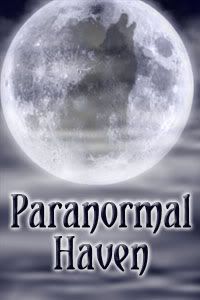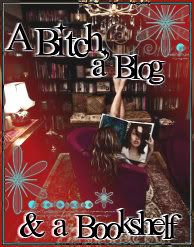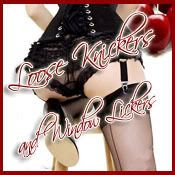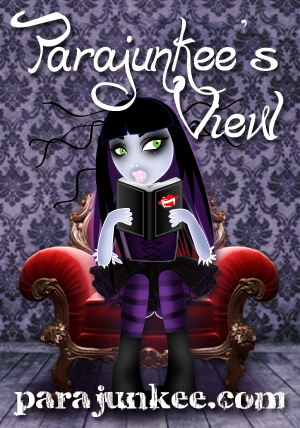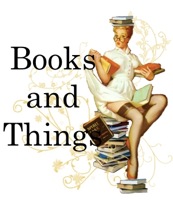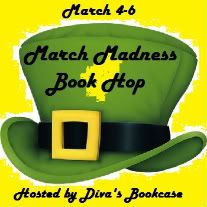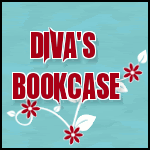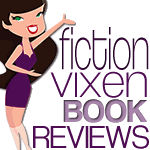Get it re-edited.
Once you’ve made the necessary corrections, based on the feedback you’ve received from your independent editor, then I strongly recommend that you have it edited a second time, this time a copy edit will suffice. Minor errors can easily be made with corrections. For example, an extra sentence here or a repeated word elsewhere that you missed. Your eyes tend to get lazier the more you read the same manuscript that you wrote. I don’t recommend having the same editor read over your work a second time. Editors, no matter how professional they are, are human beings too. And just as I don’t recommend that authors read over their own work several times because they may miss simple errors, the same editor may make the same errors too. And I’m speaking from experience. This is where an English teacher, or someone with a strong English background, could be of help. Many, especially if they’re retired, have a passion for doing this and would be willing to help.
Don’t stop writing.
That’s what bestselling author, Joseph Finder, once wrote to me when I inquired what I should do once I’m finished my novel and don’t know how else I can improve it. By doing so you accomplish two things: You keep practicing; if you publish what you wrote, it’s an excellent way for you to get your name out there and promote yourself. One thing I’ve learned from several years of experience in sales: “People won’t buy your work, they buy you first.” And people will buy you if they like you. And once you’ve sold yourself to people, in the end it won’t matter what kind of book you wrote, your name will eventually sell your work for you. Furthermore, don’t expect your first novel to be your breakout bestseller. It may take at least three published novels for readers to discover you and to eventually like you. Why? Because having more good books to your name gives you more credibility. How can you dislike someone with credibility?
I’d like to thank Marie Francis for giving me this opportunity to share my thoughts and advice with all of you. And I wish you all the best of luck with your writing endeavors.
Best,
Russell Brooks
Author of Pandora’s Succession

